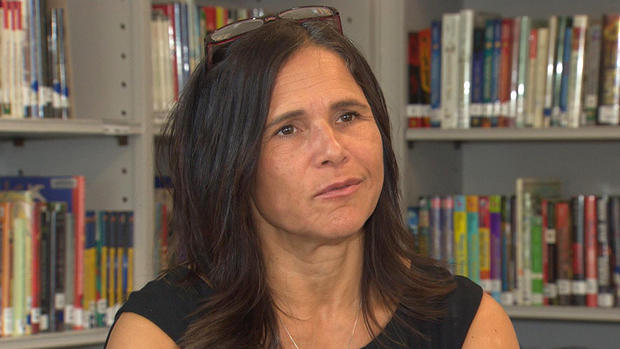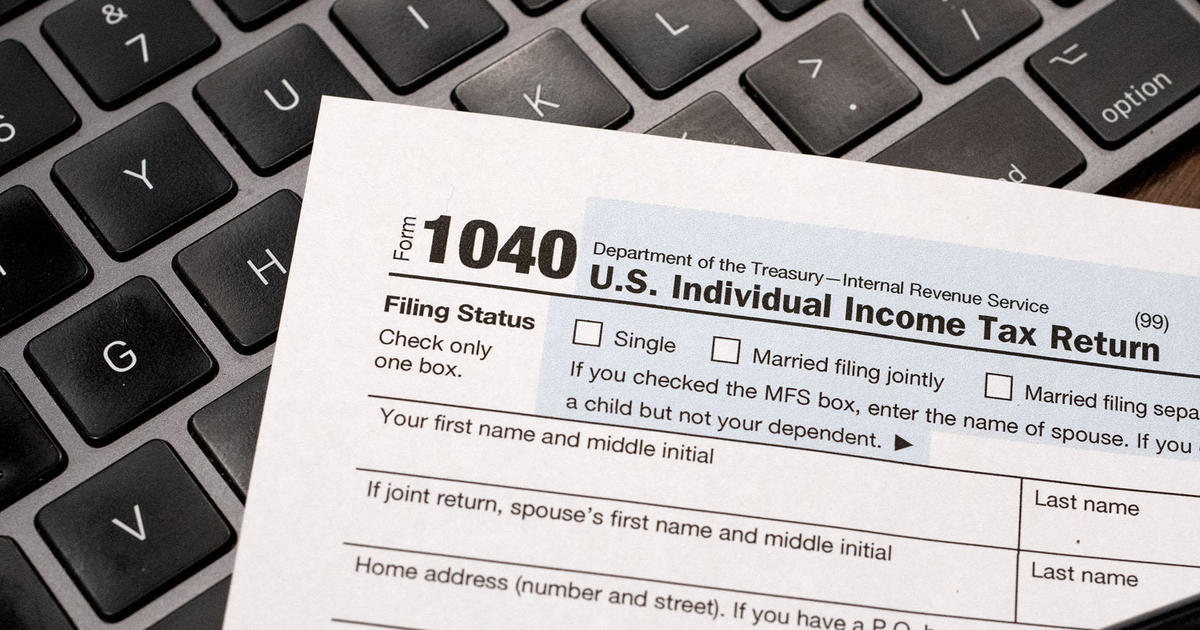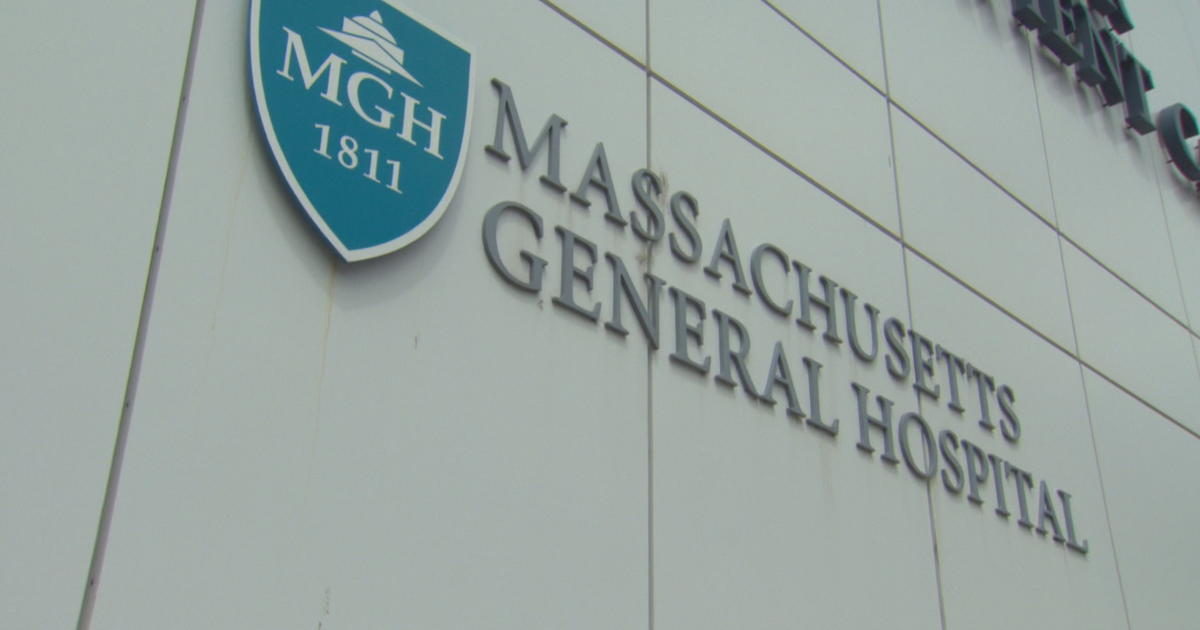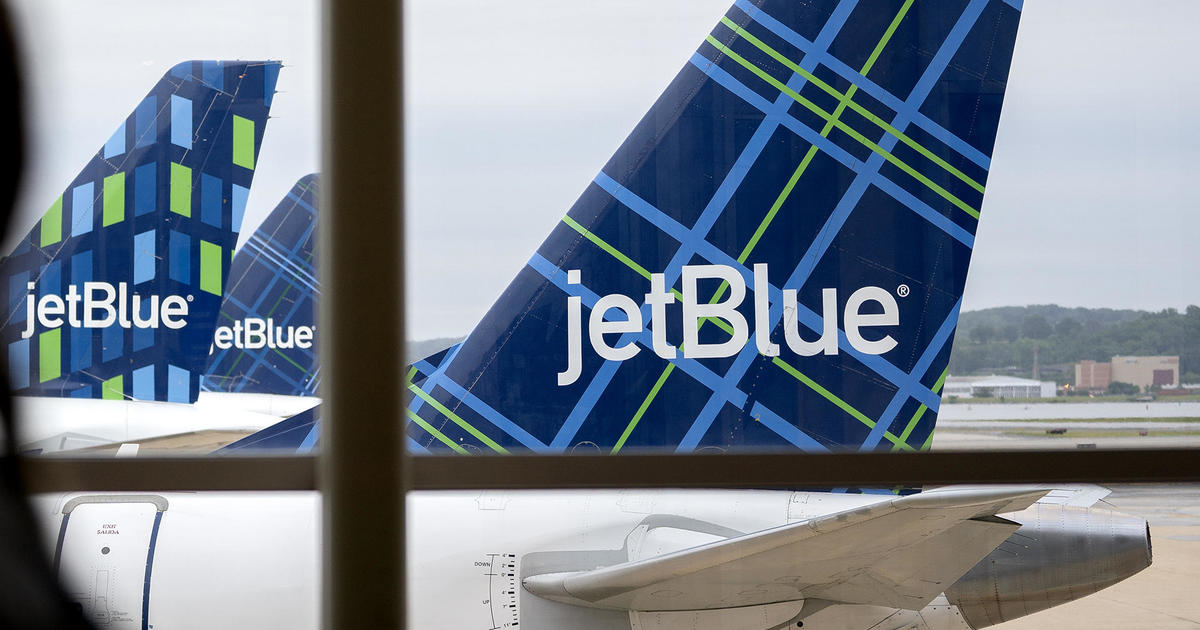Massachusetts Superintendents Submit Draft Plans, Educators Continue To Push For Remote Start
BOSTON (CBS) - It's deadline day for school districts as state guidelines call for them to submit their preliminary re-opening plans.
In Boston, Mayor Marty Walsh was joined by Superintendent Brenda Cassellius. Both tried to reassure parents that schools will be flexible.
"Parents will be able to choose either hybrid or remote without losing their spot at their school. This is one of the most frequent questions that I get," said Cassellius. "Our children deserve the opportunity and the access to an excellent and equitable education."
Walsh stressed that a working plan will be guided by public health metrics - and asked union educators to take the politics out of the process.
"At some point down the road, whatever date that is, we have to reopen schools. We have to do that work now to make sure it happens safely," Walsh said. "We're asking people to work with us here. No final decision has been made on reopening."
Friday morning, the Boston Teacher's Union (BTU) released a survey showing a growing number of its members are not comfortable returning to school in-person. Union leaders said they've been shut-out of planning and are not confident facilities can safely house the school community.
"We haven't seen any evidence or assurance that health and safety protocols and upgrades to facilities are happening at all. In fact, we don't believe walkthroughs have even occurred yet. They've only looked at blueprints," said Boston Teachers Union President Jessica Tang. "If we can't get it done by September - we've seen no evidence that this can be done by September - then we need to start again. [We need to look at] the buildings where it can be done well and bring back the highest-needs students first."
Earlier this month, BTU joined forces with the Massachusetts Teachers Association in pushing for a phased re-opening. Last week, the unions announced a breakthrough in negotiations as state officials agreed to reduce the school year by 10 days to give educators time to plan.
"We came into education because we love our students, we love teaching. We don't want to have to get politically involved. But if political decision-makers are making bad decisions that are going to hurt our students and our schools, and are not in the best interest of our families, then we have no choice but to speak up," Tang said.
Districts are being asked to prepare for three options: in-person instruction, remote learning or a hybrid of both. On Friday, superintendents submitted their initial drafts to the Department of Elementary and Secondary Education (DESE). By August 10, those details will need to be fine-tuned.
"We continue to collaborate with school officials, medical professionals and stakeholders in developing guidance for the safe and responsible return to learning in September," a DESE spokeswoman said.
In a letter to Governor Charlie Baker, a group of concerned Somerville parents urged state officials to encourage a return to in-person learning. "The American Association of Pediatricians advocate strongly that the benefits of reopening schools outweigh the risks," parents wrote.
But education advocates say planning for a return must include all learners. "We know that's there's been a focus on logistics, but nowhere has there been attention given to how we're going to take care of children and their social and emotional needs," said Lorena Lopera, executive director of the Massachusetts branch of Latinos for Education.
The Boston-based, national non-profit says school officials must also remain vigilant about providing information in other languages.
"Our families are really worried about feeding their children and being evicted. It hasn't helped that information that's going out to families has not been readily available in multiple languages," Lopera said.
Lopera says large, diverse city districts, like Boston, face the biggest uphill battle. Data shows 21 percent of Boston Public School students live with disabilities and 72 percent receive state benefits. Boston City Councilor Annissa Essaibi George, a former teacher, said she's concerned about how a new normal will impact communities of color. She's encouraging families to keep up with the conversation.
"We have to work and double down our efforts to make sure that our most vulnerable students, the kids that need to access the academics the most, that we're working to make sure it can happen in person," said Essaibi George. "The work has to continue to evolve and decisions will continue to be made. And my hope is, and my assurance from the district is, that kids, and their safety and their health, are centered in those discussions."




